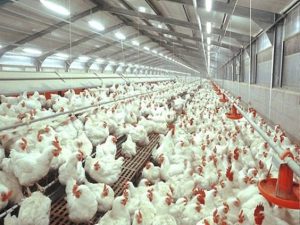Organic broiler chicken farming is gaining traction worldwide as consumers increasingly seek healthier and more sustainably produced food. This shift towards organic poultry farming presents both challenges and opportunities for farmers looking to tap into this lucrative market. In this blog, we will explore the essentials of organic broiler chicken farming, the benefits it offers, and practical steps for starting your own organic broiler farm.
Understanding Organic Broiler Chicken Farming
Organic broiler chicken farming involves raising chickens without the use of synthetic chemicals, antibiotics, or genetically modified organisms (GMOs). Instead, organic farmers focus on natural farming practices, providing chickens with organic feed, ample outdoor access, and humane living conditions. The primary goals are to produce high-quality, healthy chicken meat while promoting animal welfare and environmental sustainability.
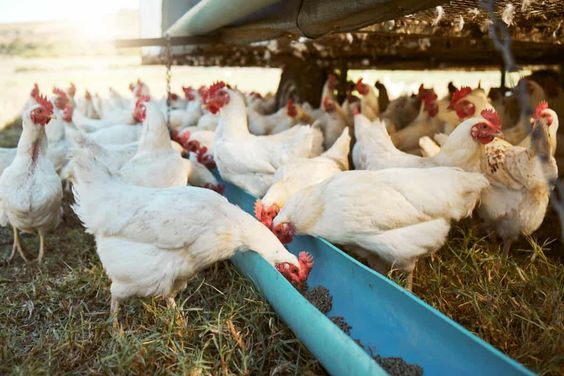
Benefits of Organic Broiler Chicken Farming
- Healthier Chickens and Meat:
- Organic broilers are raised without antibiotics, hormones, or synthetic additives, resulting in healthier and more nutritious meat. Studies have shown that organic chicken meat often contains higher levels of essential nutrients, including omega-3 fatty acids, vitamins, and antioxidants.
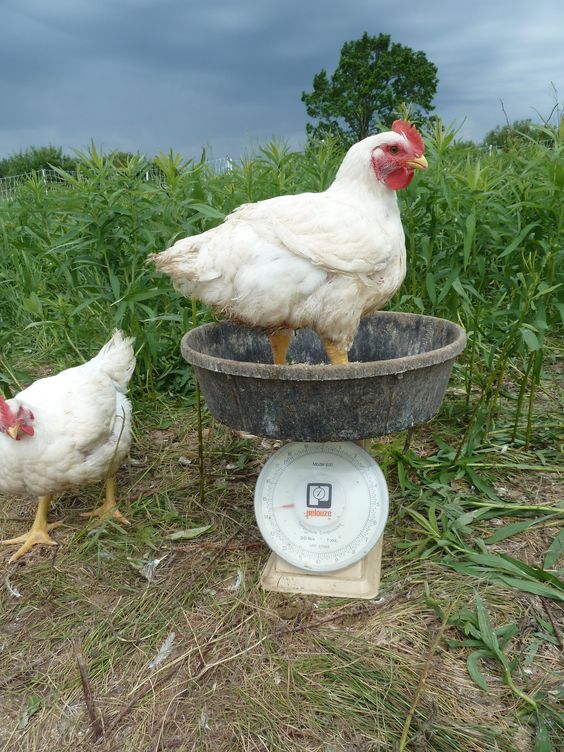
- Environmental Sustainability:
- Organic farming practices reduce the environmental impact by avoiding synthetic fertilizers and pesticides. Organic farms typically implement crop rotation, composting, and other sustainable practices that enhance soil health and biodiversity.
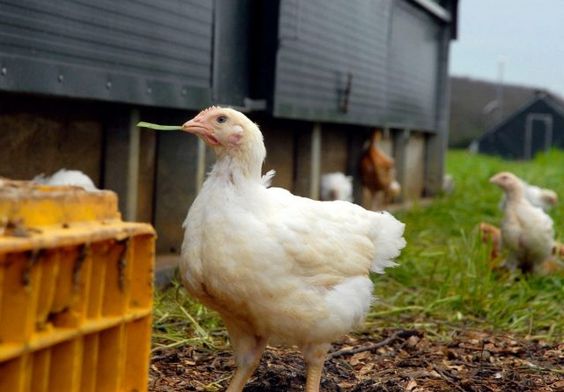
- Animal Welfare:
- Organic standards require that chickens have access to outdoor spaces where they can exhibit natural behaviors like foraging and dust bathing. This leads to improved animal welfare and healthier, less stressed chickens.
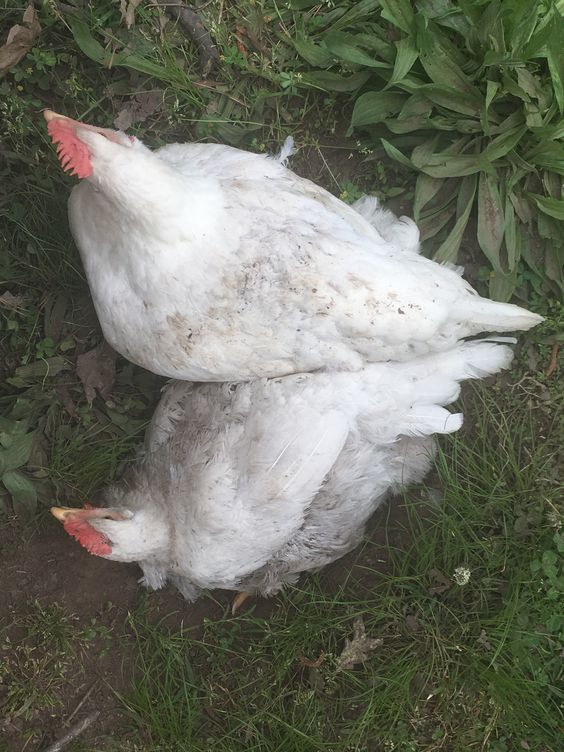
- Market Demand and Premium Pricing:
- The demand for organic chicken is growing as consumers become more health-conscious and environmentally aware. Organic broilers often command higher prices in the market, providing farmers with an opportunity to earn a premium for their products.
Not to mention, our company can help you to start by giving you all the necessary information you need to get started if not yet in the business. Please check our online shop, we have all the standard business proposals for different capacities at very a cheap price made by the best agricultural specialists as well as Standard design plans that are made by the best agricultural architects around the globe. please visit our online shop now using the links below to witness by yourself
Design plans (FARM HOUSE DESIGNS – Kimd Construction & Farm Consultants)
Business plans (BUSINESS PLANS & PROPOSALS – Kimd Construction & Farm Consultants)
Welcome back from visiting our shop, hope you have placed your order for any of our products or you can place it after navigating more of our informative articles.
So let us continue with the article!
Steps to Start an Organic Broiler Chicken Farm
- Research and Planning:
- Start by researching organic farming standards and regulations in your region. Develop a comprehensive business plan that outlines your goals, target market, production methods, and financial projections.
- Secure Land and Housing:
- Choose a location with adequate space for outdoor access and rotational grazing. Construct or modify chicken coops to provide sufficient shelter, ventilation, and nesting areas. Ensure that the housing meets organic certification requirements.
- Organic Certification:
- Obtain organic certification from a recognized certifying body. This process involves adhering to specific organic standards, maintaining detailed records, and undergoing regular inspections.
- Sourcing Organic Feed:
- Provide your broilers with certified organic feed that is free from GMOs, synthetic additives, and animal by-products. Consider supplementing their diet with natural forages, such as grasses and insects, to promote natural behaviors and enhance meat quality.
- Health Management:
- Implement a proactive health management plan that focuses on prevention rather than treatment. Use natural remedies and practices, such as herbal supplements and rotational grazing, to maintain the health and well-being of your flock.
- Marketing and Sales:
- Develop a marketing strategy to promote your organic broilers. Highlight the health benefits, sustainability, and animal welfare aspects of your products. Consider selling directly to consumers through farmers’ markets, online platforms, or local retailers.
Challenges and Considerations
While organic broiler chicken farming offers numerous benefits, it also comes with its own set of challenges. Farmers must be prepared to invest in higher-quality feed, infrastructure, and certification costs. Additionally, managing the health and welfare of chickens without relying on antibiotics and synthetic treatments requires careful planning and expertise.
Conclusion
Organic broiler chicken farming is a rewarding venture that aligns with the growing demand for healthier, more sustainable food options. By adopting organic practices, farmers can produce high-quality chicken meat, promote animal welfare, and contribute to environmental sustainability. With careful planning, commitment, and a focus on natural farming methods, you can successfully tap into the thriving market for organic broilers and make a positive impact on both your farm and the broader community.
Explore more about to design a standard farm layout.




